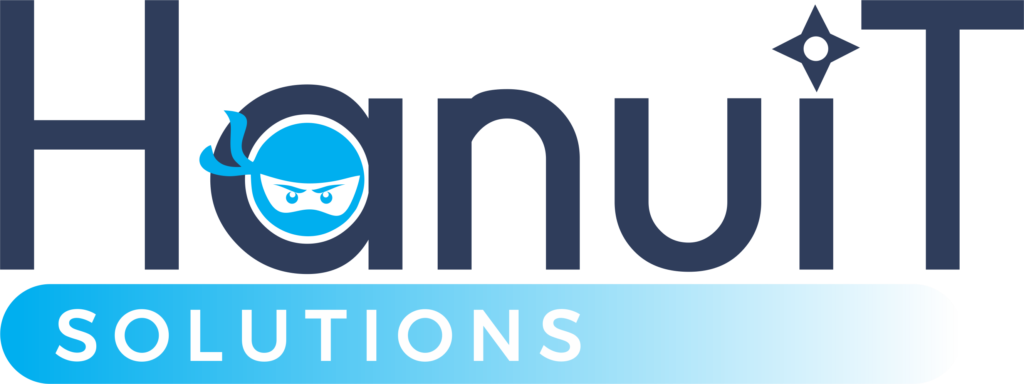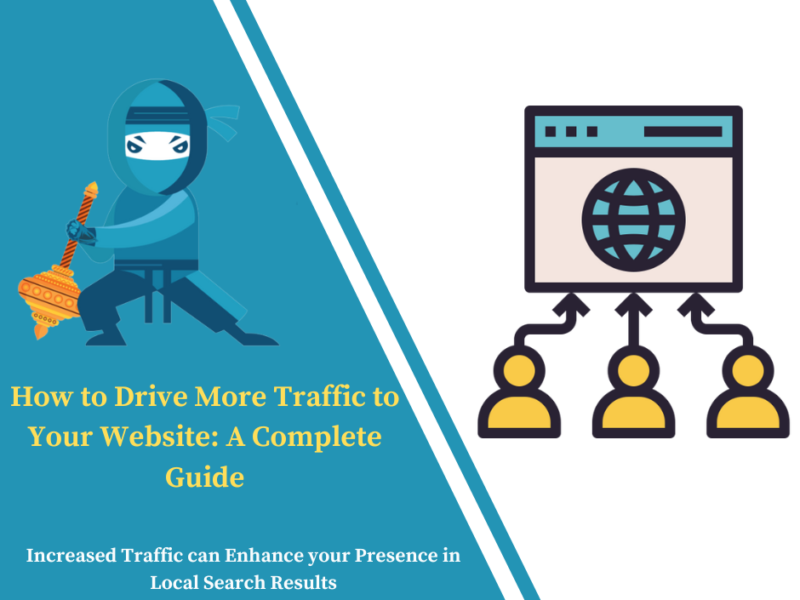
Days
Hours
Minutes
Seconds
Your Deal is Expired
|
|

Edit Content

As a leading online marketing company, always focuses on changing and improving businesses and their outcome.
Where to find us
- SN-3, First floor, ratauli road, near Town park, Bank Colony
- herry@hanuitsolutions.com
- +917082069620
Working Hours
- Mon-Sat : 9:00am - 6:00pm
- Sunday - Closed
Get In Touch
Facebook-square
Instagram
Linkedin
Tag: content marketing

Discover the top 10 proven SEO strategies for dental clinics in 2026. Learn how to optimize your website,...

What Are the Most Effective Marketing Strategies for E-Commerce Websites?In today’s highly competitive...

SEO Techniques to Improve Online Presence for Accounting Firms
SEO Techniques are essential for accounting...

Modern Web Design Strategies for Banks and Financial Advisors
The financial sector has always relied...

SEO Tips for Automotive Dealerships to Improve Search Engine Rankings
In today’s digital world, having...

SEO for E-commerce: Best Practices to Improve Product Visibility
In the competitive world of online retail,...

Top SEO Strategies for Healthcare Providers to Rank Higher in Local Search
In today’s competitive digital...

Content Marketing Hacks: How to Increase Website VisitorsContent marketing is the backbone of digital...
No posts found

